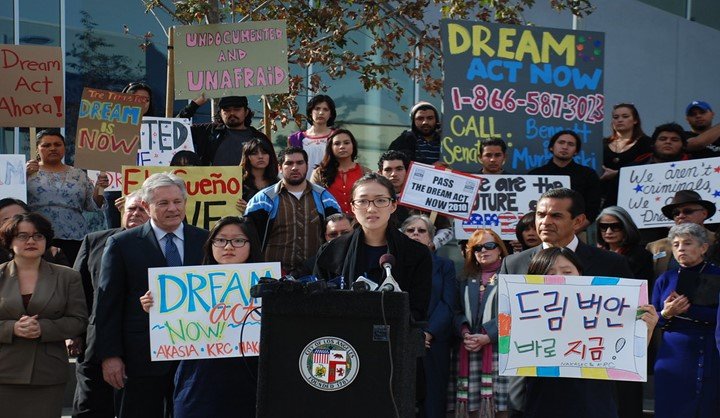The dream act is a legislative proposal in the United States that grants temporary residency and work rights to qualified immigrants who came in states as minors. Moreover, if the immigrants got further qualifications, they would be given permanent residency. Pros and cons show concerns on both sides of the controversy that should be discussed. Here are the pros and cons of the dream act.
Pros
1. Reduce the rate of high school dropout: Foreign-born learners represent a growing percentage of the student population. However, immigration status is associated with barriers to higher learning. This contributes to a high dropout rate that costs the economy and taxpayers dollars per year. Dream act will remove the barriers for students. Also, it will offer incentives for learners who might want to drop and instead stay to graduate.
2. Increase revenues: If immigrant students are allowed to access education, other immigrants would want to get an education. For this reason, it will boost the rate of qualified American-raised workers. This contributes to state, federal, and local revenue.
3. Great return for money: The economy needs a skilled and educated person that can create, acquire, and distribute knowledge. Dream act will bring a group of multi-lingual, talented, and multi-cultural people. This helps America to compete with innovators around the world.
4. Supported by 70% of leaders, voters, religious orders, and business: According to opinion Research Corporation, the dream act has 70% overall support, 80% from Democrats, and 60% from republicans.
5. Increase qualified recruits for armed forces: The dream act provide the opportunity for young immigrants who want to join defense forces. They are fluent in English and their native languages.
6. Stop deportation threats: Most children are brought to the United States while they are young thus have no families in their origin country. Deporting them is a disadvantage to them because they will lack a chance to improve their life. Dream act stops the deportation of qualified immigrants. Henceforth, they are allowed to make their life better.
7. Increase diversity: Diversity in jobs leads to great success than groups with the same backgrounds. Dream act supports diversity in the nation.
Cons
1. Destabilize the political system: When citizenship is given to people, the current political system will be unbalanced. The changes can only favor those who supported the act.
2. Take jobs: Illegal immigrants still take jobs: America has many unemployed citizens and legal immigrants.
3. Take resources: There are benefits and resources for dreamers including food bank programs. Illegal immigrants take resources from legal immigrants and citizens.
4. Increase illegal migration: When people learn that they can get permanent residency, they will start immigrating illegally. This increases illegal immigration at the borders hence it will be difficult to secure properties.
5. Lowers benefits of legal immigrants: What is the point of regulations of legal immigrating when people can migrate illegally and get permanent residency? Allowing illegal immigrants will reduce the benefits put on legal immigration.
6. Dream act does not solve the issue of lack of education: Many students are graduating from college. Nonetheless, the dream of the act requires students to complete 2 years in college. Therefore, a degree opens doors unlike a diploma in high school. This will make students deal with issues on the debt crisis and lack of education.




they didnt plagarise u karen
they didnt plagarise u karen